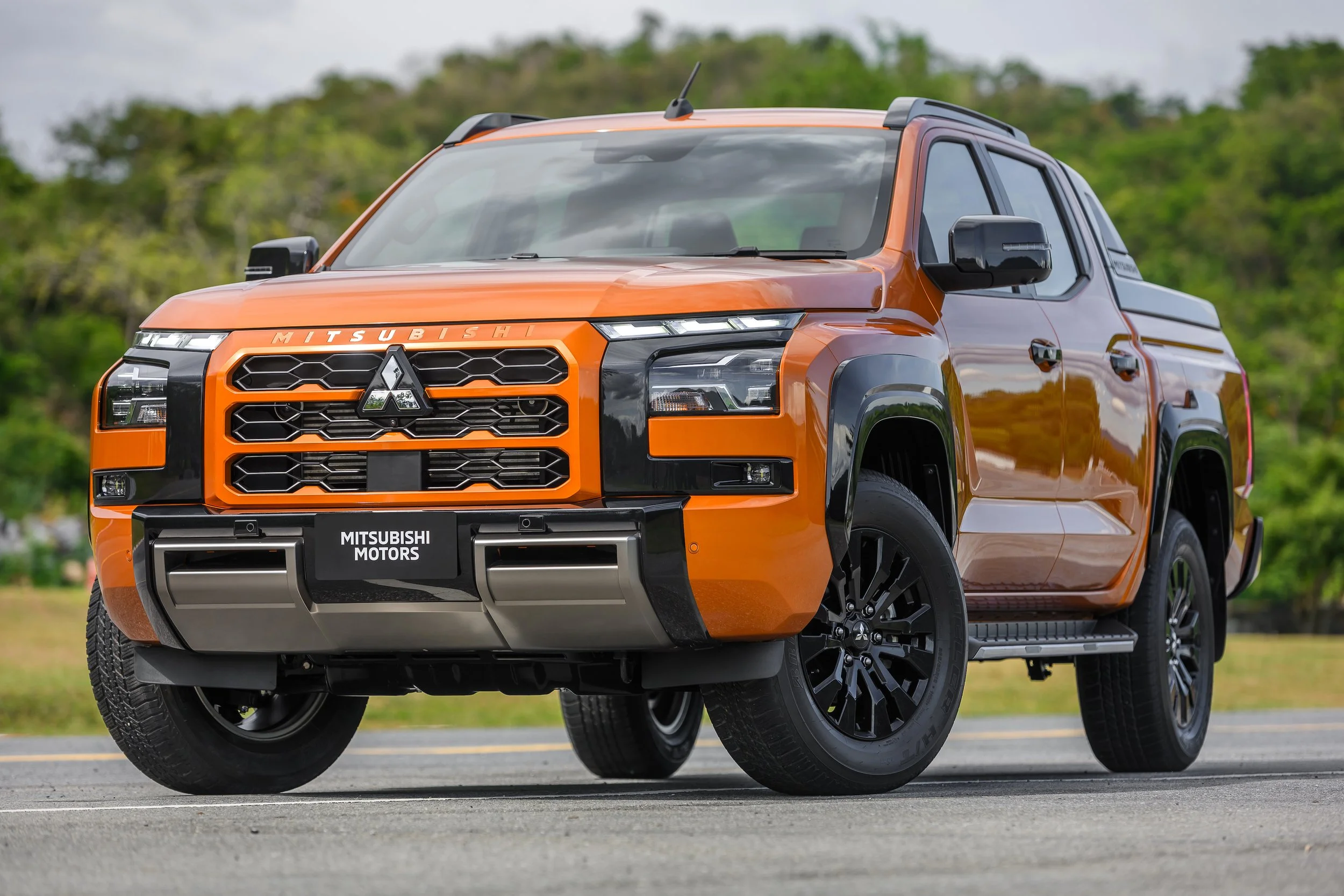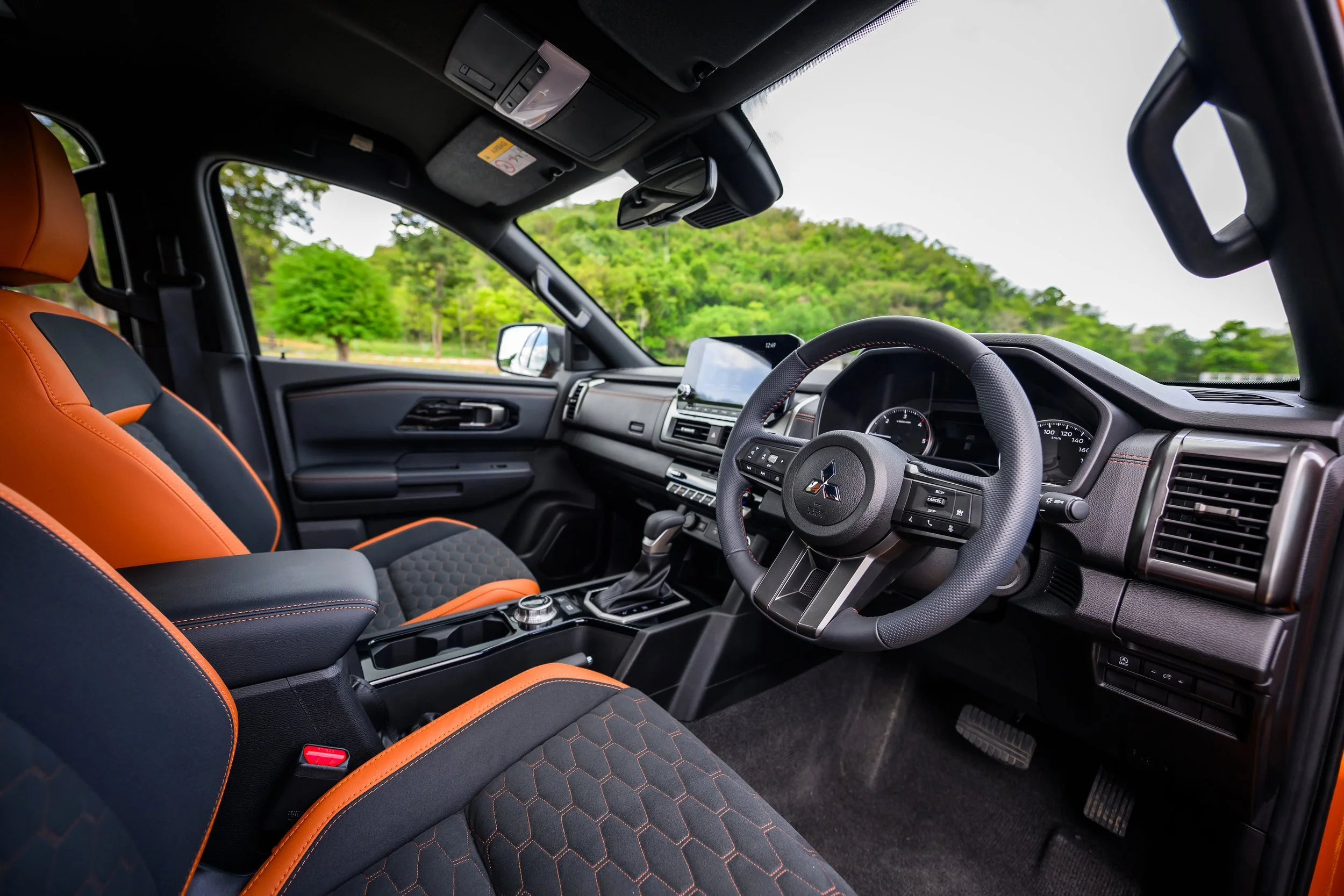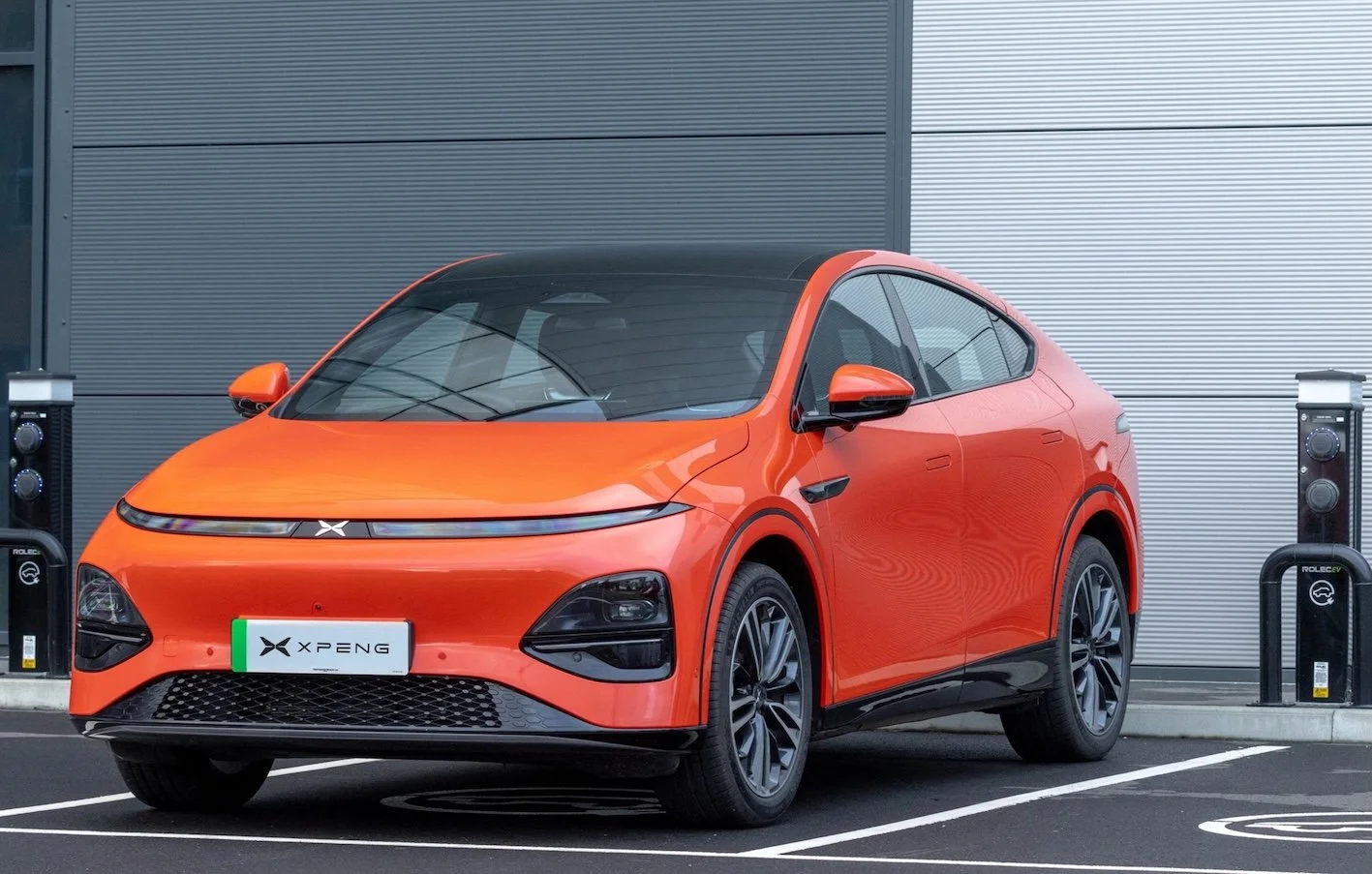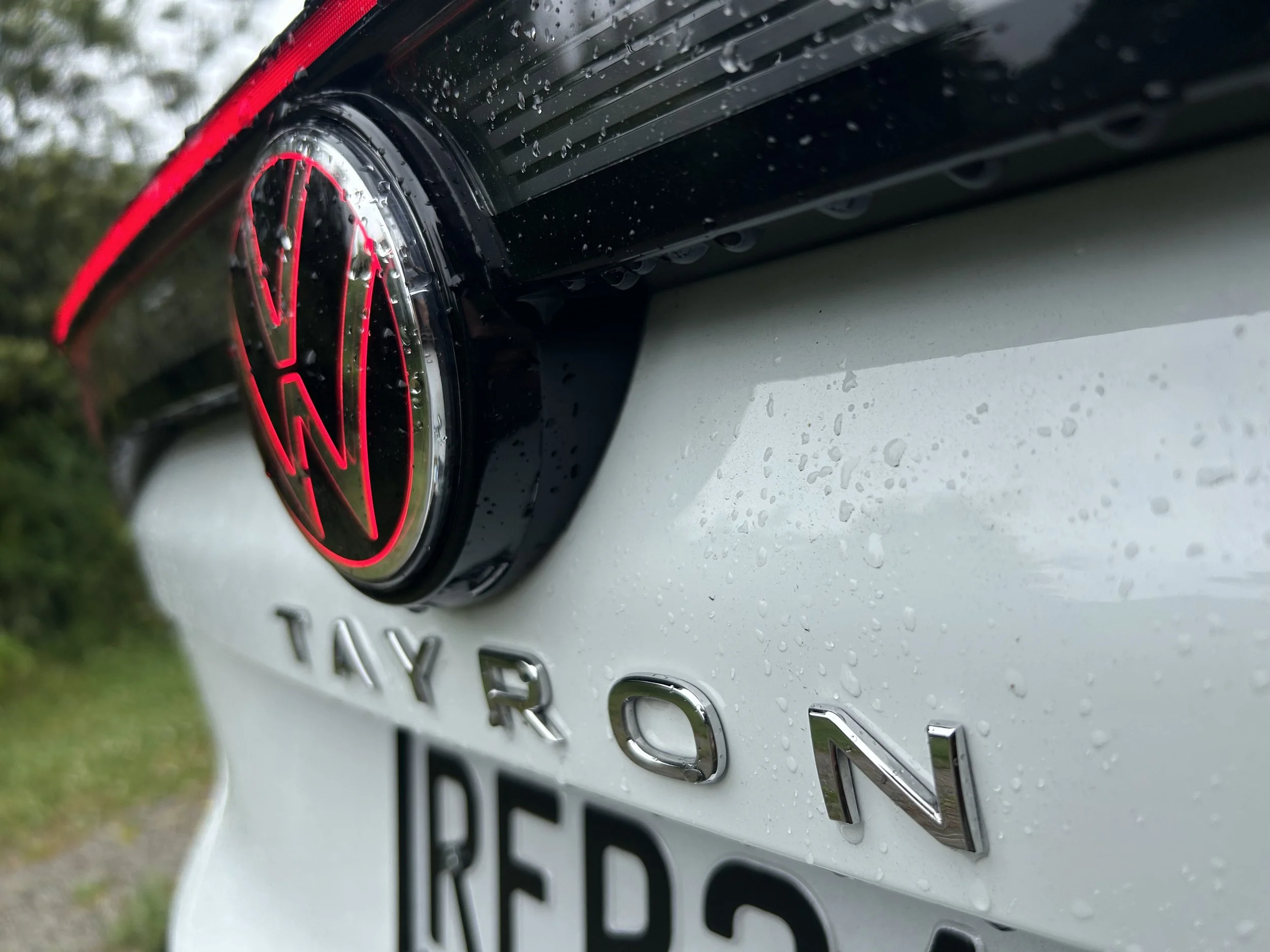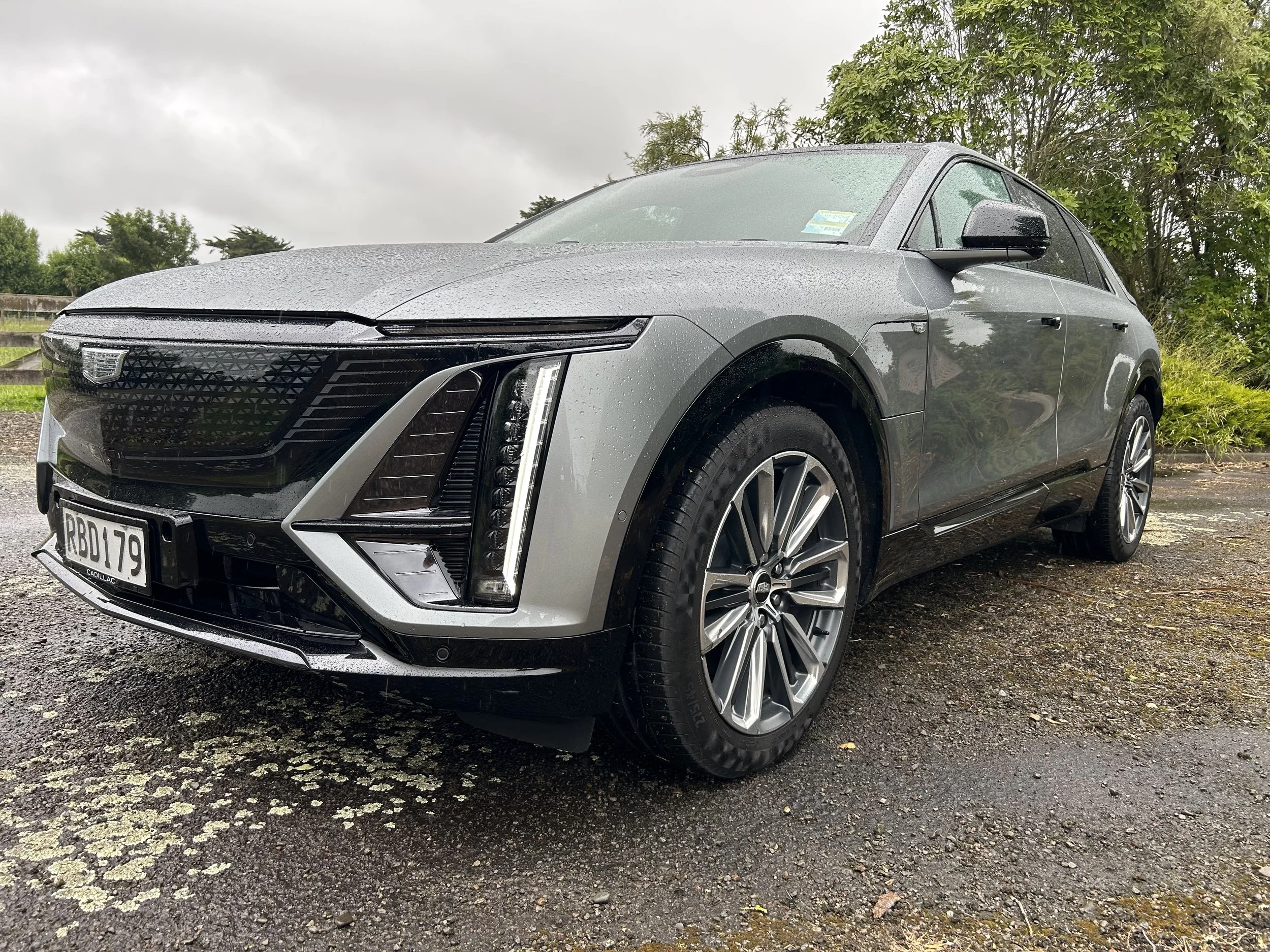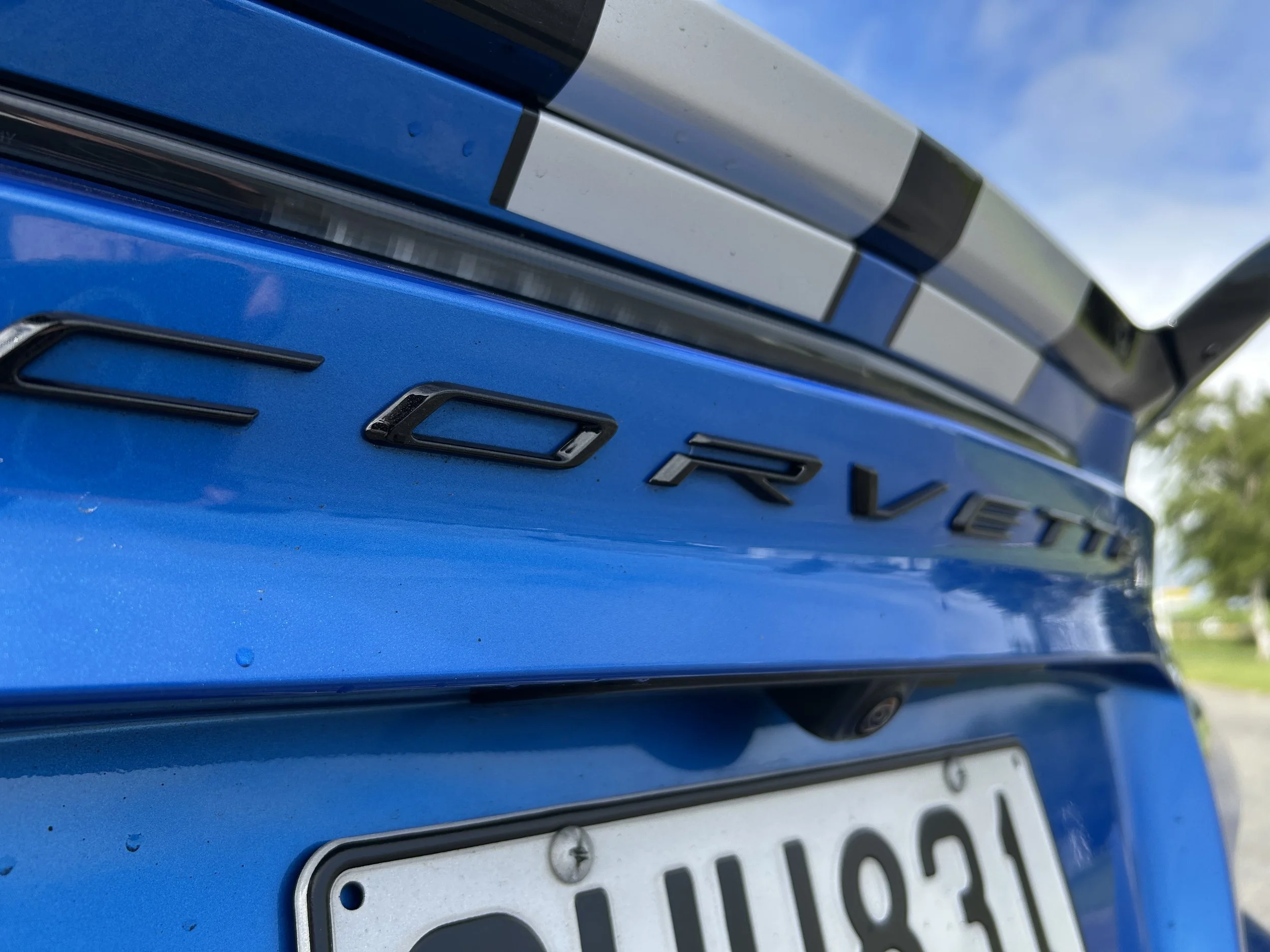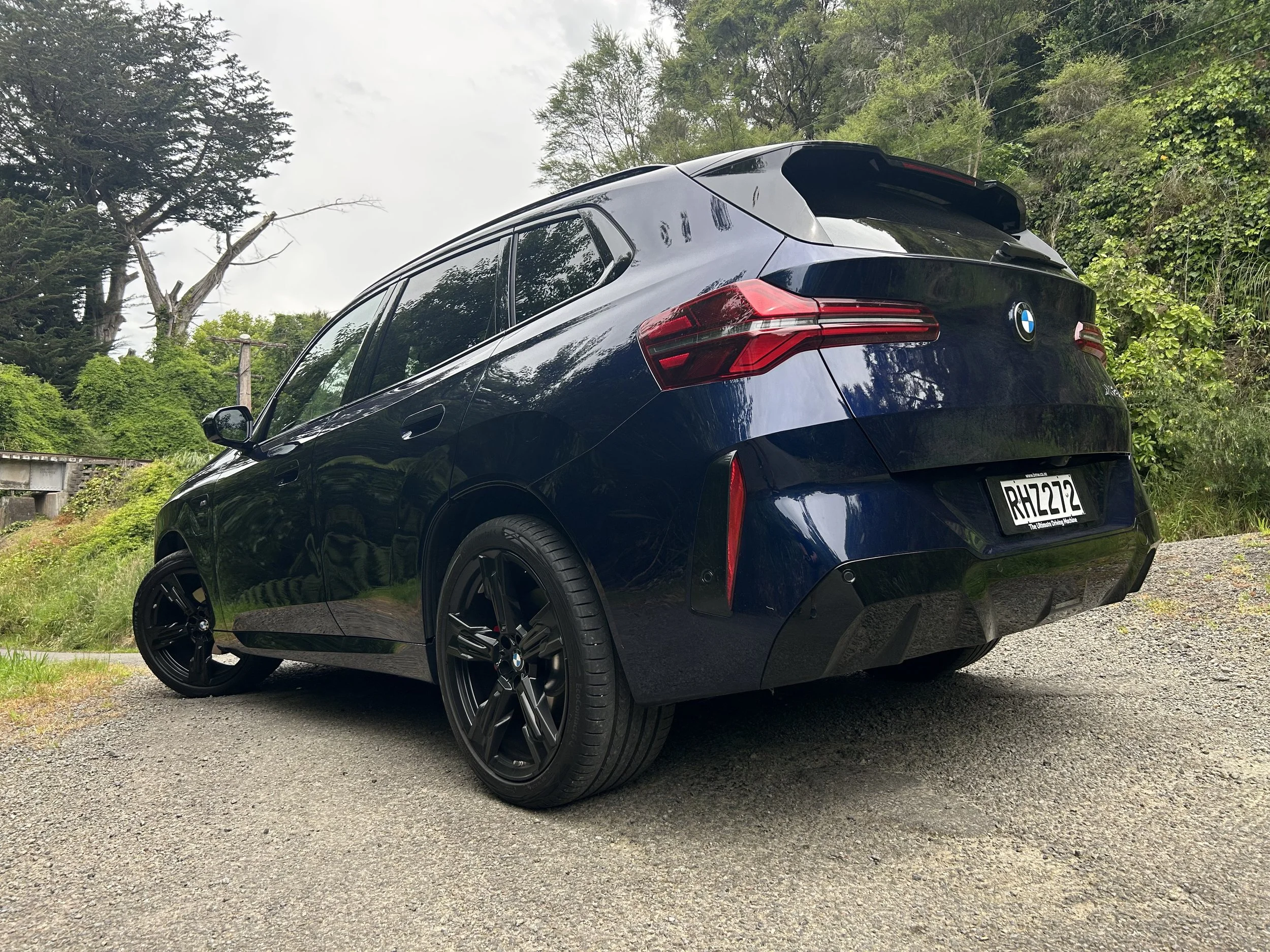Triton’s electrification set for small spark start
/Mitsi’s Ranger PHEV rival now seems set to start with mild hybrid.
PAST proposal to align new Mitsubishi Triton to the same level of electric assist technology just announced for the Ford Ranger seem to have faded.
That Mitsubishi will introduce some level of electrification for its new utility, globally unveiled in Thailand recently, is a given.
Yet more points to that update being a mild hybrid, potentially along the lines of the kind coming to Toyota HiLux, according to latest comment.
Likelihood of electric assist but little or no direct electric drive is very much removed from the 55 and 84 kilometres’ pure battery fed running respectively occasioned by a mains-replenishing system Mitsubishi furnishes its popular Outlander and Eclipse Cross passenger cars.
Chance of the hybrid Triton being on sale when Ranger PHEV lands, in early 2025, also seems unlikely, according to the brand’s local office.
When Ranger touches down the Mitsubishi ute will still solely provision with the 2.4-litre twin turbo diesel it is launching here with at the start of 2024, Mitsubishi Motors New Zealand says.
Talk about the model starting with a mild hybrid and working up to something offering more opportunity to break from fossil fuel allegiance relayed from Mitsubishi Japan executives to media attending Triton’s global reveal in July, MMNZ has reminded.
Mitsubishi's global chief of engineering and product strategy, Hiroshi Nagaoka, offering that hybrid power is in line as a “short-term” solution was pointed to by a senior MMNZ staffer when he was asked for comment about Ranger PHEV this week.
Prospect of any electrified Triton competing with Ranger is something only Japan can talk about, MMNZ head of marketing and corporate affairs Reece Congdon offered.
“This is going to be a really fruitless conversation … I can’t give you any comment on anything to do with a potential hybrid powertrain.
“What the Japanese will allow us to say about that right now is very, very limited.
“We are keen to release more information but just right we cannot. We’re hoping to in the not too distant future.”
The 2.4-litre turbodiesel will be the sole Triton powertrain in early 2025, when Ranger PHEV sets down, Congdon says.
“You can be sure at that point there won’t be a change in powertrain. It (any further development) will be after that.”
He reminded Triton’s electrification came up when Nagaoka briefed media in July in his capacity as the Triton product development team’s boss.
At that time, they reported Nakaoga saying PHEV Triton has become more of a long-term ambition than was once being inferred by head office.
PHEV might come late this decade, Nakaoga is reported as saying.
The reason why it won’t land now is that Mitsubishi is awaiting newer, more energy-dense battery technology than it uses its PHEV passenger fare.
The Eclipse Cross has the 13kWh battery that used to go into Outlander, which in turn has been promoted to a 20kWh type.
Ford has not given detail about the battery type for Ranger hybrid but says it will deliver 45 kilometres’ pure electric operation and also, when working with the 2.3-litre turbo petrol it marries to, furnish more torque than any current Ranger, which peaks currently at 600Nm with a V6 turbodiesel.
Triton’s ladder frame chassis is a development of one used by the current model at is deemed more suitable for a mild hybrid than anything more adventurous.
Yet inference is that even with a smaller, but higher-performance battery Mitsubishi anticipates packaging challenges that might require the 75-litre tank capacity of the new Triton to be reduced.
Whether Mitsubishi resolves - as Toyota and Ford have - that a PHEV set-up best tailors to a petrol power plant is another issue. At present that engine type is absent from the Triton portfolio.
All bets seem at present to be on the type’s 2.4-litre four-cylinder diesel engine with twin turbos, producing 150kW and 470Nm - increases of 17kW and 40Nm on the outgoing model.
A fully electric Triton, meantime, is in Mitsubishi’s mindset, to point where it has shown off a concept. But the actual production equivalent is not expected to deliver until the next generation beyond the impending new model.
Whoever is being developed for Mitsubishi will assuredly also represent in the new-generation of Nissan Navara, as these makers are now bound by a technology-sharing agreement under an alliance, which also includes Renault. That deal has seen Mitsubishi become the lead developer of a ute.
In return, its Outlander and Eclipse Cross place on a platform also co-shared with Renault and Nissan cars.



